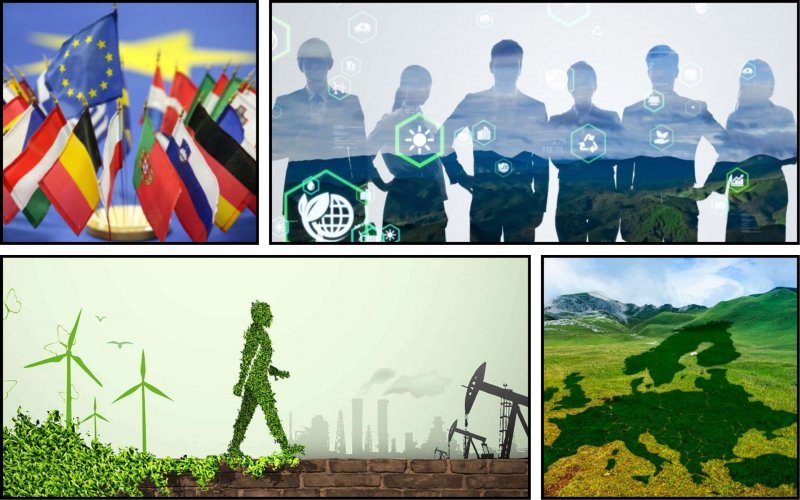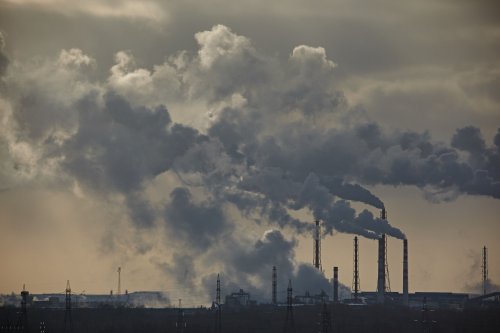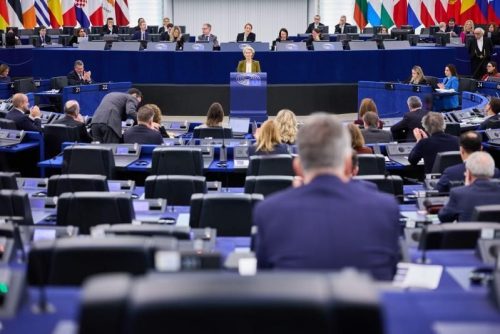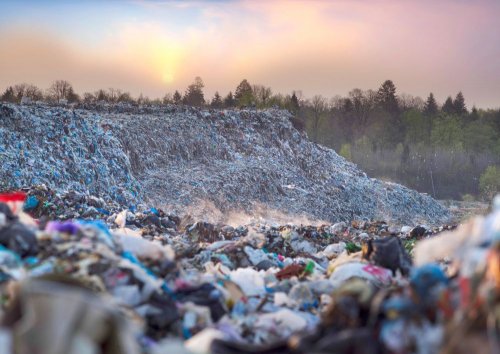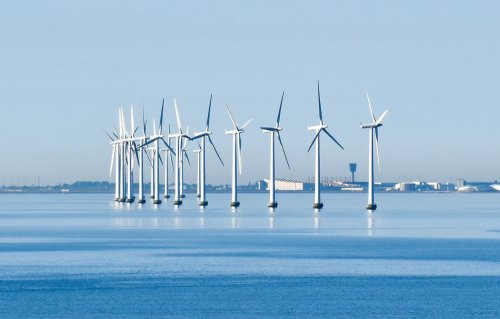EU legislators approved the nominations of new leaders climate policy block, which will share the duties of the former European Commissioner for climate issues, Frans Timmermans.
One of the candidates confirmed the delays in the adoption of important environmental laws, Mirror of the Week reports with reference to the FT.
It is noted that the Vice President of the European Commission, Maros Šefčovych, will take over the coordination of laws within the framework of the Green Deal bloc's plan to achieve climate neutrality by 2050. The ex-minister of foreign affairs of the Netherlands, Wopke Hoekstra, will become the new climate commissioner.
The article emphasized that Shefčovych refused to commit to a timetable for the adoption of laws regulating the use of toxic chemicals and improving the treatment of animals. He listed future proposals, including microplastic control and forest monitoring, and announced preparations for other areas, namely:
- revision of the large-scale EU regulation on chemicals REACH, which was negotiated for 7 years;
- increasing food sustainability.
It is noted that the proposal to improve the treatment of animals will focus only on their transportation.
"There will be no REACH by the end of the term [in June 2024]," said Peter Lise, MEP for climate policy.
According to him, this will lead to job cuts and bans on substances vital to the green transition.
The article emphasized that Šefčovych and Hukstra pledged to support the goal of reducing greenhouse gas emissions by 90% by 2040. This target is the lowest limit of the recommendation of the European Scientific Advisory Board on Climate Change. After all, in order to limit global warming by 1.5°C by 2040, the block must reduce emissions by 90-95%.
Earlier, EcoPolitic wrote, that Executive Vice-President of the European Commission Frans Timmermans, who is responsible for the Green Deal, will return to the Netherlands, leaving his post, despite crucial events for climate policy and a number of unresolved urgent environmental issues.
As EcoPolitic previously reported, in European countries, the negative impact of climate change and environmental protection policies is beginning to destroy the EU's environmental program. Great Britain, Germany, Italy, the Netherlands and Poland became the countries with the largest "green wars" .

